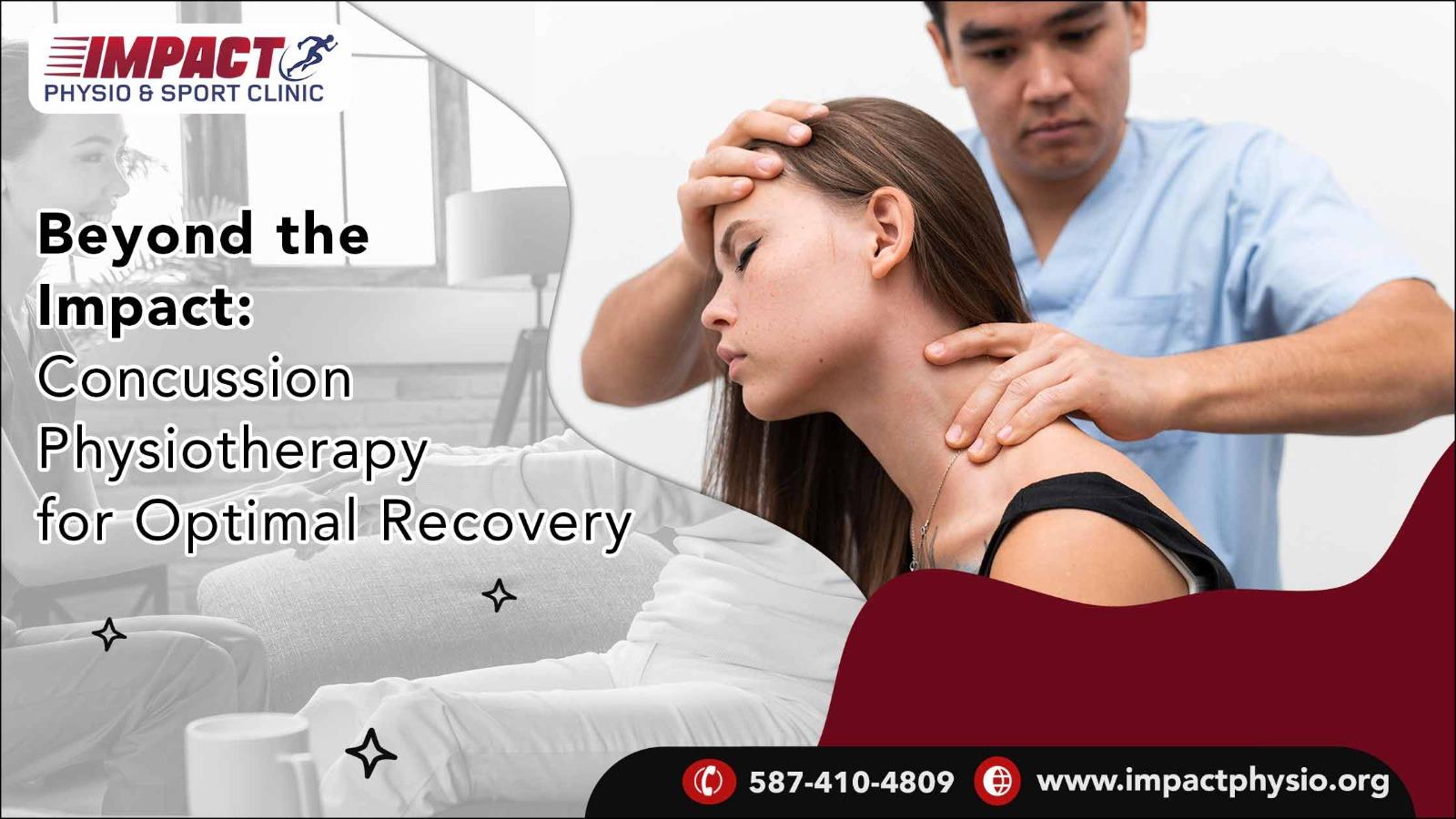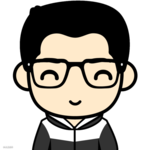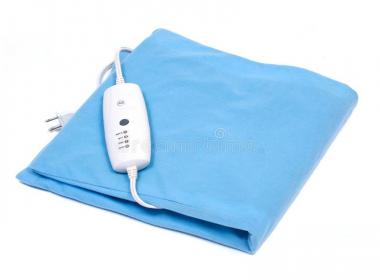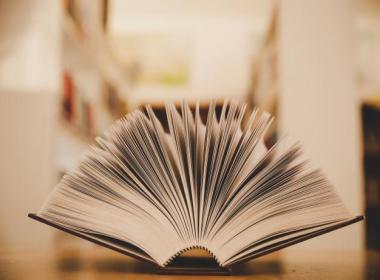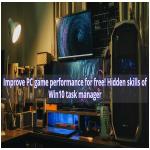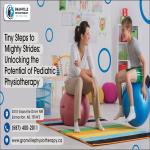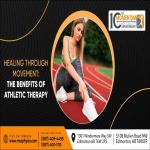Concussions, often the unseen injuries resulting from sports, accidents, or everyday incidents, can have profound and lasting effects on an individual's life. In the world of rehabilitation, concussion physiotherapy plays a critical role in guiding patients back to their pre-injury lifestyle. At Impact Physiotherapy in Beaumont, a specialized approach to concussion management is helping redefine recovery processes, ensuring patients receive comprehensive, individualized care.
Concussions and Their Impact
A concussion, often resulting from a head impact or severe head and body shaking, is a form of traumatic brain injury. Its manifestations are not as immediately apparent as physical injuries like fractures or a cut but can present a variety of symptoms impacting both physical and mental well-being. Prompt recognition of these symptoms and seeking timely, appropriate care are essential for a thorough recovery.
How Concussion Physiotherapy Helps in Recovery
Concussion physiotherapy offers a comprehensive approach to healing, addressing various aspects of health impacted by a concussion. The focus is on holistic recovery that encompasses cognitive function, physical rehabilitation, emotional support, sleep quality, and daily activities resumption.
Cognitive Function Improvement
Memory and Concentration: Concussions can impair short-term memory and the ability to concentrate. Therapy includes memory exercises and concentration tasks to rebuild these cognitive skills. Patients are taught techniques to enhance focus and minimize distractions in their daily environments.
Executive Functioning: Therapy targets rebuilding executive functions through structured tasks and problem-solving activities. Patients learn to manage daily tasks more efficiently, improving their decision-making and organizational skills. These exercises are crucial for those returning to demanding work or academic environments.
Cognitive Fatigue Management: Education on recognizing and managing cognitive fatigue is provided. Techniques like pacing and scheduling rest breaks are emphasized. Patients are also guided on how to gradually increase cognitive tasks without overwhelming themselves.
Physical Rehabilitation
Headache and Dizziness Alleviation: Specific exercises and manual therapy techniques are employed to reduce the frequency and severity of post-concussion headaches. Vestibular rehabilitation techniques are used to address dizziness and balance issues. The therapy often includes positional maneuvers and guided exercises to alleviate vestibular symptoms.
Balance and Coordination: Rehabilitation focuses on retraining balance and coordination, often compromised after a concussion. This includes exercises that challenge the vestibular system and improve proprioception. Activities are progressively made more complex to match the patient’s improving skills.
Neck and Upper Body Strength: Strengthening exercises for the neck and upper body are incorporated to address the musculoskeletal impact of a concussion. Manual therapy and soft tissue work are used to relieve neck tension and pain. Advice on proper posture and ergonomics to support neck health is also provided.
Emotional and Psychological Support
Managing Anxiety and Depression: Therapy sessions provide a safe space for individuals to discuss their emotional challenges post-concussion. Relaxation techniques and breathing exercises are taught to help manage symptoms of anxiety and depression. Patients are also connected with additional mental health resources when necessary.
Stress Management Techniques: Strategies for stress management, including mindfulness and relaxation training, are integrated into the treatment plan. Patients learn how to incorporate these techniques into their daily routine. Education on the relationship between stress and concussion symptoms helps patients self-managing their recovery.
Building Emotional Resilience: Patients are encouraged to develop coping strategies to deal with the issues of concussion recovery. Goal setting and positive reinforcement are used to build emotional resilience. The therapy also focuses on empowering patients to participate actively in their recovery process.
Sleep Quality Enhancement
Restorative Sleep Strategies: Patients are educated on the importance of sleep in the healing process and taught strategies to improve sleep hygiene. Relaxation and wind-down routines before bedtime are emphasized to enhance sleep quality. The role of a conducive sleep environment is also discussed in detail.
Managing Sleep Disorders: Specific interventions are tailored for patients who develop sleep disorders post-concussion. Behavioral modifications and relaxation techniques are employed to address issues like insomnia. Continuous monitoring and adjustments are made based on the patient’s response to these interventions.
Energy Level Regulation: Education on balancing rest and activity is provided to maintain steady energy levels. Patients learn to recognize their body’s signals for rest, helping to prevent over-exertion. Strategies for energy conservation and efficient energy use are also discussed.
Return to Daily Activities
Gradual Return to Routine: A step-wise approach is taken to reintegrate patients into their daily routines. Activities are gradually introduced to ensure that the patient does not become overwhelmed. This methodical approach helps in building confidence and ensuring a successful return to daily life.
Activity Modification Advice: Patients receive guidance on how to modify their activities to suit their current capabilities. This includes ergonomic advice for the workplace or school and strategies for managing household tasks. Modifications aim to reduce the risk of symptom exacerbation.
Long-term Activity Planning: Long-term plans are developed to help patients return to their pre-concussion activity levels. These plans are adaptable, taking into consideration the patient’s progress and any persisting symptoms. Patients are encouraged to set realistic and achievable goals for their physical and cognitive activities.
A Path to Recovery With Physiotherapy
Concussion physiotherapy Beaumont is an essential pathway to recovery for those who have experienced a concussion. At Impact Physiotherapy in Beaumont, our skilled professionals are dedicated to delivering quality care, focused on ensuring each patient's complete recovery. For those dealing with a concussion's challenges, we offer effective and empathetic treatment. Don't hesitate to contact us and embark on your path to health and wellness.
Also read about:
Tiny Steps to Mighty Strides Unlocking the Potential of Pediatric Physiotherapy
Navigating the Forex Trading Landscape Avoiding Scams and Pitfalls
The Best Furniture Sales In Dubai
